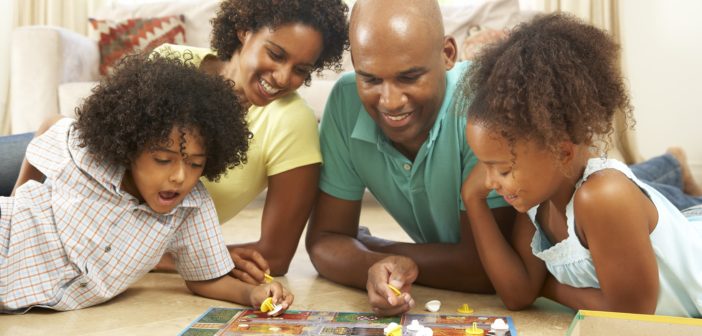The stress and the sleepless nights that often accompany parenthood may not sound like the ingredients for a longer life, but according to a new study, having children and the pains that goes with it could add years to a parent’s lifespan.
The research team – including Dr. Karin Modig of the Karolinska Institutet in Sweden – found that people who had children may live up to 2 years longer than those who are childless. The authors recently published their findings in the Journal of Epidemiology & Community Health.
According to Dr. Modig and colleagues, previous studies have indicated that parents may live longer than those without children. However, the researchers note that the reasons behind this link have been unclear, and little research has been conducted on how this association changes throughout a lifetime.
With the aim of addressing these research gaps, the team used national registry data to gather information on 704,481 men and 725,290 women who were born between 1911 and 1925, and who were living in Sweden.
The team assessed the marital status of each person, the number of children they had, and the sex of each child. The researchers then calculated how parenthood influenced the lifespan of each person from the age of 60 onward.
Compared with people who did not have children, the researchers found that those who had at least one child were at lower risk of death.
At the age of 60, for example, the researchers found that men with children lived around 2 years longer than childless men, while women with children were likely to live around 1.5 years longer than childless women. These findings remained after accounting for a number of possible confounding factors such as educational attainment, the team reports.
The researchers also found that the association between having children and a longer lifespan grew with age, with men seeing the largest life expectancy increase as a result of parenthood.
Additionally, individuals who were unmarried – particularly unmarried men – appeared to reap the greatest rewards from parenthood.
“For example, for 85-year-old men, the death risk differences between men with at least one child and childless men were 1.2 percent among unmarried men and 0.6 percent among married men,” the authors note. “The corresponding figures for women were 0.9 percent and 0.8 percent.”
The researchers speculate that the absence of a partner may cause unmarried men to rely more on their offspring in older age, which might explain the death risk differences between married and unmarried men.
Contrary to previous research, the team found that the risk of death was not influenced by the sex of a child. The team suggests that previous studies may have uncovered a link between the sex of a child and increased parental lifespan because they focused on the social benefits associated with having a daughter.
“In general, women tend to have more social ties than men, and older childless individuals, particularly men, appear to have less social interactions than older parents and there is evidence that having a daughter is associated with increased chances of regular social contacts and with receiving help if needed,” the authors explain.
Overall, the researchers believe that their findings indicate that greater support from offspring in later life may explain why people with children live longer than childless individuals.
The team writes: “Our finding that the association grew stronger when parents became older is further in agreement with research suggesting that childless people face support deficits only toward the end of life.
However, selective elements and alternative explanations, for example, that parents have more healthy behaviors than non-parents, are not ruled out.”




